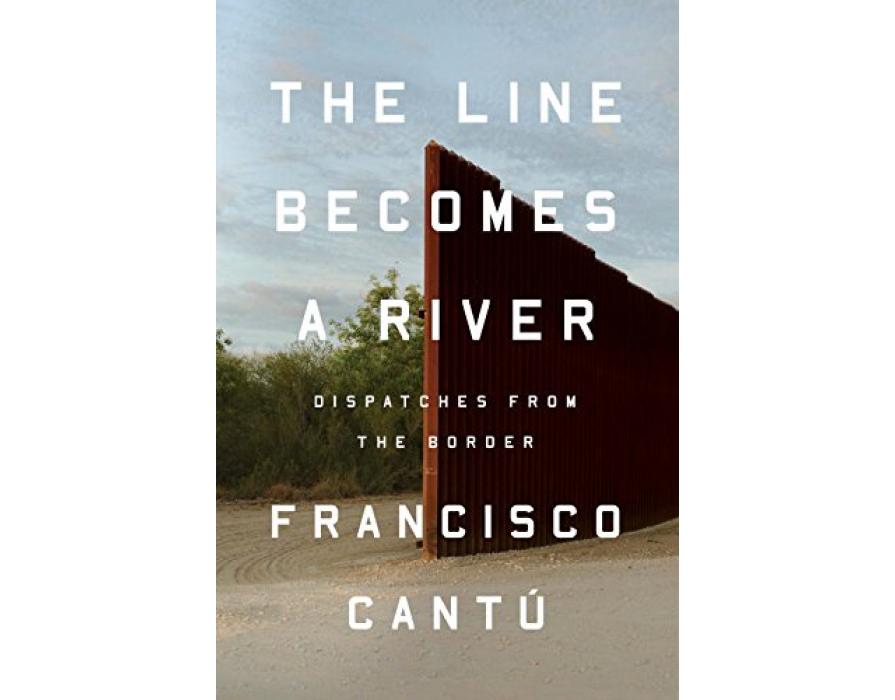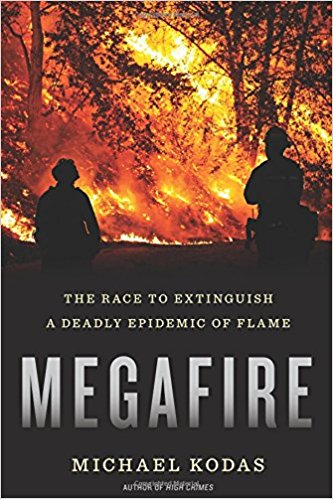So I keep meaning to get back to my blog, but one thing or another always intrudes: new stories and chapters to write (a new story titled “The Wall” will soon appear in The Antioch Review), grass to mow (Thursday), a hike in the woods (yesterday). This morning I just read of the death of Herman Wouk in the NY Times (here), a novelist I read oh-so-many years ago and whose books I still remember fondly, especially The Winds of War (1971), which I read in my early years, soon after the book was published.

It’s essentially a book about World War II that doesn’t focus on the battles and and the long arc of the war circa 1941-45, but in the incremental build-up to the war starting in the late 1930s, focusing on the personal lives of the people who became caught up in it, and played some kind of role, even if it’s only a familiar one of being a citizen in a country at war. As I remember it, part of his vision was that the world stumbled into this war, not taking the danger of Adolph Hitler seriously enough until it was too late. It’s more subtle than many historical novels, and I put it in the company of a more recent historical novel, Dennis Lehane’s The Given Day (2008), which is about the Boston police strike of 1918, and so much more. I certainly hope this is just a fear and not a prophecy, but at times it feels we’re currently living through a phase of stumbling into another great war, by stoking the fires of too many hotspots at once—North Korea, Iran, Russia, you name it. The meltdown of government in Venezuela is symbolic of how things can go bad in a short time and for reasons much of the world is ignorant of. You want a good book that’s symbolic of our times, and a great read of human dimensions, read his best book, The Winds of War, though he’s also known for The Caine Mutiny (1951), which was made into a classic Hollywood film that features Fred McMurray in one of his great roles, as a somewhat sinister writer. R.I.P., Herman Wouk! Since he lived to the age of 104, he no doubt had a long, great life.
- February 2026
- January 2026
- November 2025
- October 2023
- September 2023
- September 2021
- April 2020
- September 2019
- May 2019
- August 2018
- February 2018
- January 2018
- October 2017
- August 2017
- June 2017
- May 2017
- March 2017
- February 2017
- November 2016
- October 2016
- May 2016
- April 2016
- March 2016
- February 2016
- January 2016
- November 2015
- October 2015
- September 2015
- June 2015
- May 2015
- April 2015
- March 2015
- December 2014
- September 2014
- August 2014
- May 2014
- March 2014
- February 2014
- January 2014
- December 2013
- November 2013
- October 2013
- September 2013
- August 2013
- July 2013
- June 2013
- May 2013
- April 2013
- March 2013
- February 2013
- January 2013
- December 2012
- November 2012
- October 2012
- September 2012
- August 2012
- July 2012
- June 2012
- May 2012
- April 2012
- March 2012
- February 2012
- January 2012
- December 2011
- November 2011
- October 2011
- September 2011
- August 2011
- July 2011
- June 2011
- May 2011
- April 2011
- March 2011
- February 2011
- January 2011
- December 2010
- November 2010
- October 2010
- September 2010
- August 2010
- July 2010
- June 2010
- May 2010
- April 2010
- March 2010
- February 2010
- January 2010
- December 2009
- November 2009
- October 2009
- September 2009
- August 2009
- July 2009
- June 2009
- May 2009
- April 2009
- March 2009
Recent Posts
- On Candice Millard’s “River of Doubt” and “River of the Gods”: Bugs, Snakes, and Disease Aplenty
- More Alone than “Alone”: On Adam Shoalts’s “Vanished Beyond the Map: The Mystery of Lost Explorer Hubert Darrell” (2025)
- Rachel McAdams film “Send Help” (2026) Makes Comic Gold Out of “Survivor” and “Alone” Audition Videos
- “The Wiggle Room”: A Short Story
- On the New Film “Grizzly Night,” Based on the Nonfiction Book “Night of the Grizzly” (1971)
Recent Comments
No comments to show.









